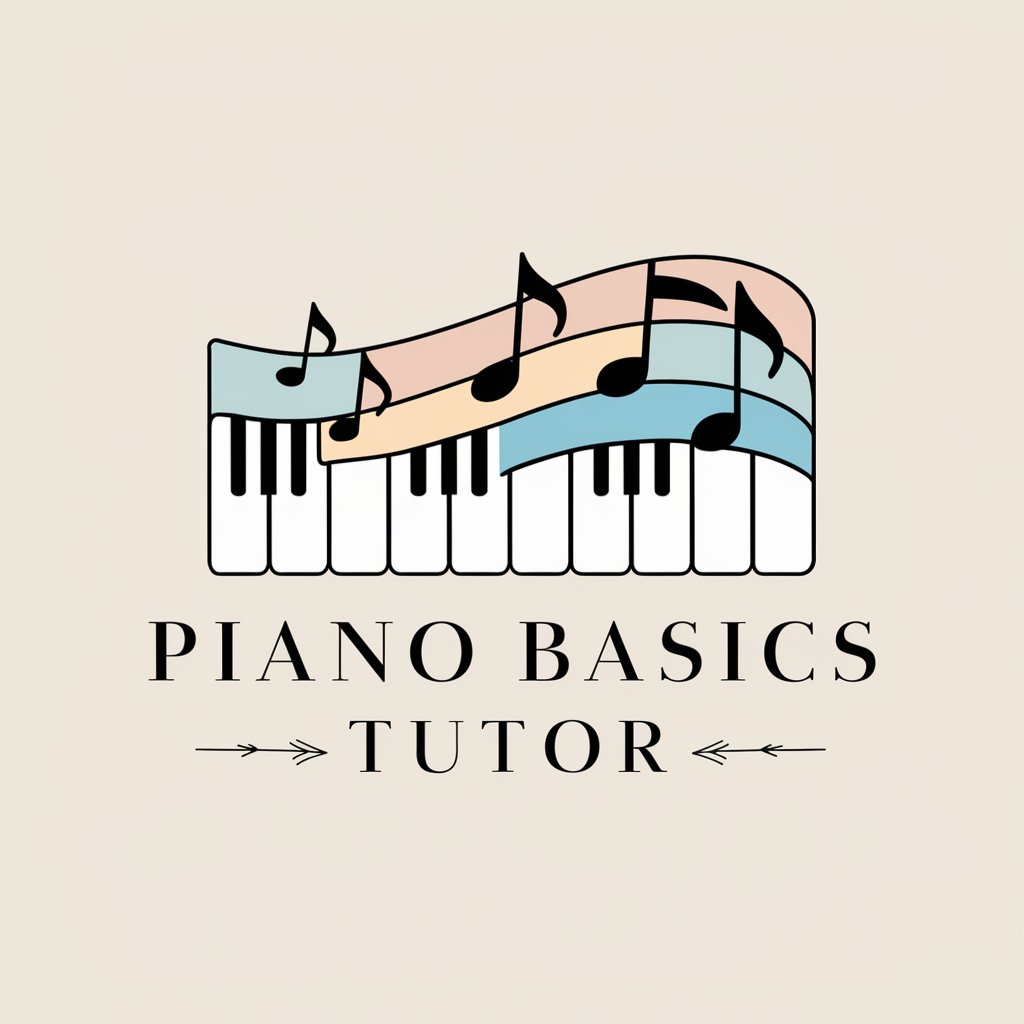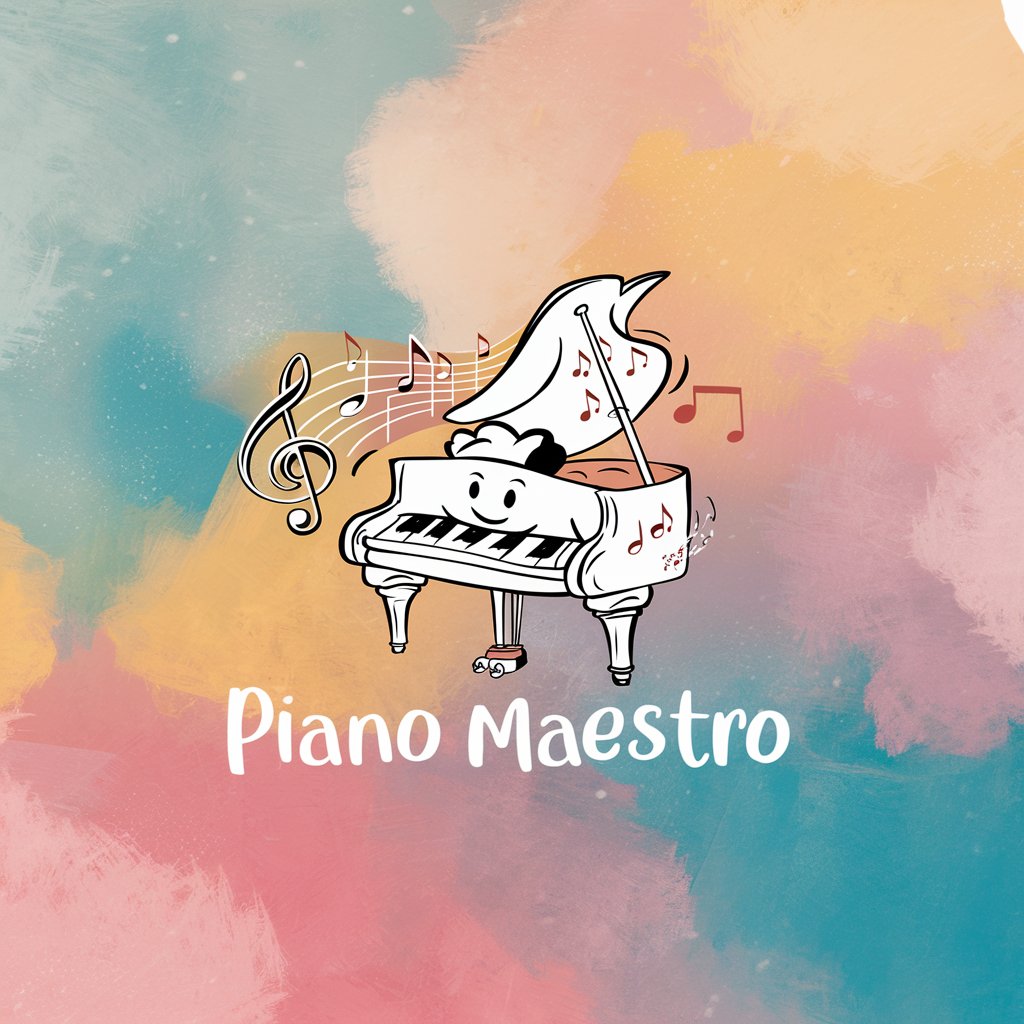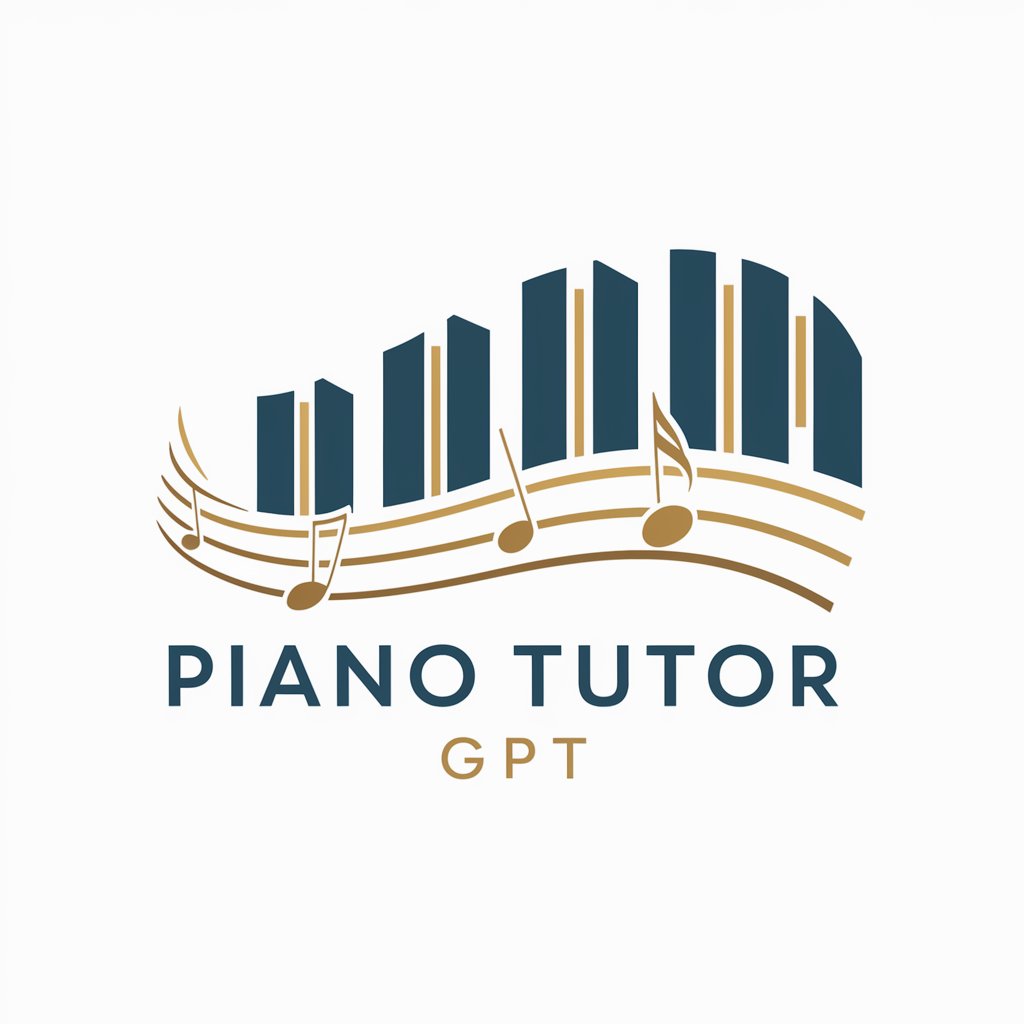
Piano - Piano Learning Platform
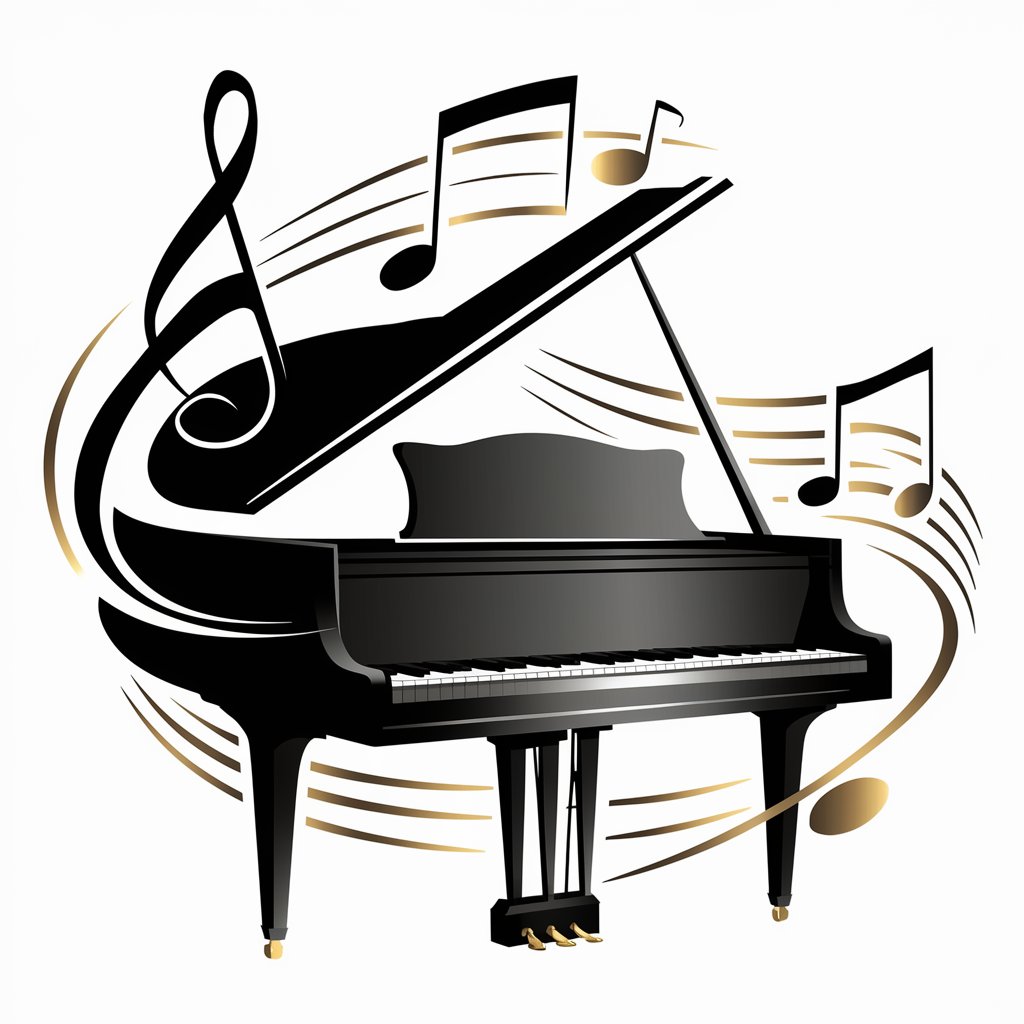
Welcome! Let's explore the world of pianos and music together.
Empower your music journey with AI
Explain the differences between an upright piano and a grand piano.
What are some effective techniques for improving finger strength and agility on the piano?
Tell me about the history of the piano and its evolution over the centuries.
How can I maintain and care for my piano to ensure its longevity and optimal performance?
Get Embed Code
Overview of Piano GPT
Piano GPT is a specialized conversational AI tailored to cover a broad spectrum of topics related to pianos. This includes discussing different types of pianos, piano playing techniques, the history of the piano, and exploring related musical concepts. It is designed to provide users with detailed explanations, interesting facts, and technical knowledge about pianos. Piano GPT blends a deep appreciation for music with expertise in pianos, aiming to engage both beginners and experienced musicians with enthusiasm and informed insights. Examples of its use include offering advice on selecting the right piano for one's needs, explaining complex musical concepts in accessible language, and sharing historical anecdotes about famous composers and their relationships with the piano. Powered by ChatGPT-4o。

Core Functions of Piano GPT
Educational Insights
Example
Explaining the difference between a grand piano and an upright piano, including their mechanical differences and how those affect sound production.
Scenario
A beginner pianist looking to understand the types of pianos before making a purchase.
Technique Improvement Tips
Example
Providing detailed exercises for improving finger strength and agility, including scales, arpeggios, and specific pieces known for their technical demands.
Scenario
An intermediate player seeking to enhance their playing technique.
Historical Context
Example
Sharing stories about the evolution of the piano from the harpsichord, including key figures such as Bartolomeo Cristofori who invented the early piano.
Scenario
A music history student preparing for an exam on the evolution of musical instruments.
Musical Concept Clarification
Example
Explaining complex musical theories such as counterpoint, harmonization, and their applications in piano compositions.
Scenario
An advanced musician composing a piece and seeking a deeper understanding of musical structures.
Who Benefits from Piano GPT?
Beginner Pianists
Individuals new to playing the piano can gain foundational knowledge, from selecting the right instrument to learning basic playing techniques.
Experienced Musicians
Seasoned players looking to deepen their understanding of piano mechanics, advanced techniques, or explore historical and theoretical aspects of music.
Music Educators
Teachers and instructors can utilize Piano GPT as a resource for curriculum development, student guidance, and enhancing their own knowledge.
Music Enthusiasts
Individuals with a passion for music history, instrument design, and the cultural impact of the piano will find a wealth of information to explore.

How to Use Piano
Start with a Free Trial
Initiate your piano journey by visiting yeschat.ai to access a complimentary trial, no login or ChatGPT Plus subscription required.
Identify Your Learning Goals
Consider what you want to achieve with your piano practice—whether it's learning basic chords, mastering complex compositions, or understanding music theory.
Explore Piano Types
Familiarize yourself with the different types of pianos (e.g., grand, upright, digital) to find the one that best suits your space, budget, and goals.
Practice Regularly
Set aside dedicated time for practice, focusing on technique, rhythm, and expression to gradually improve your skills.
Seek Feedback
Use online platforms or local communities to share your progress and receive constructive feedback, enhancing your learning experience.
Try other advanced and practical GPTs
Lyric Luminary
Craft Your Song with AI Insight
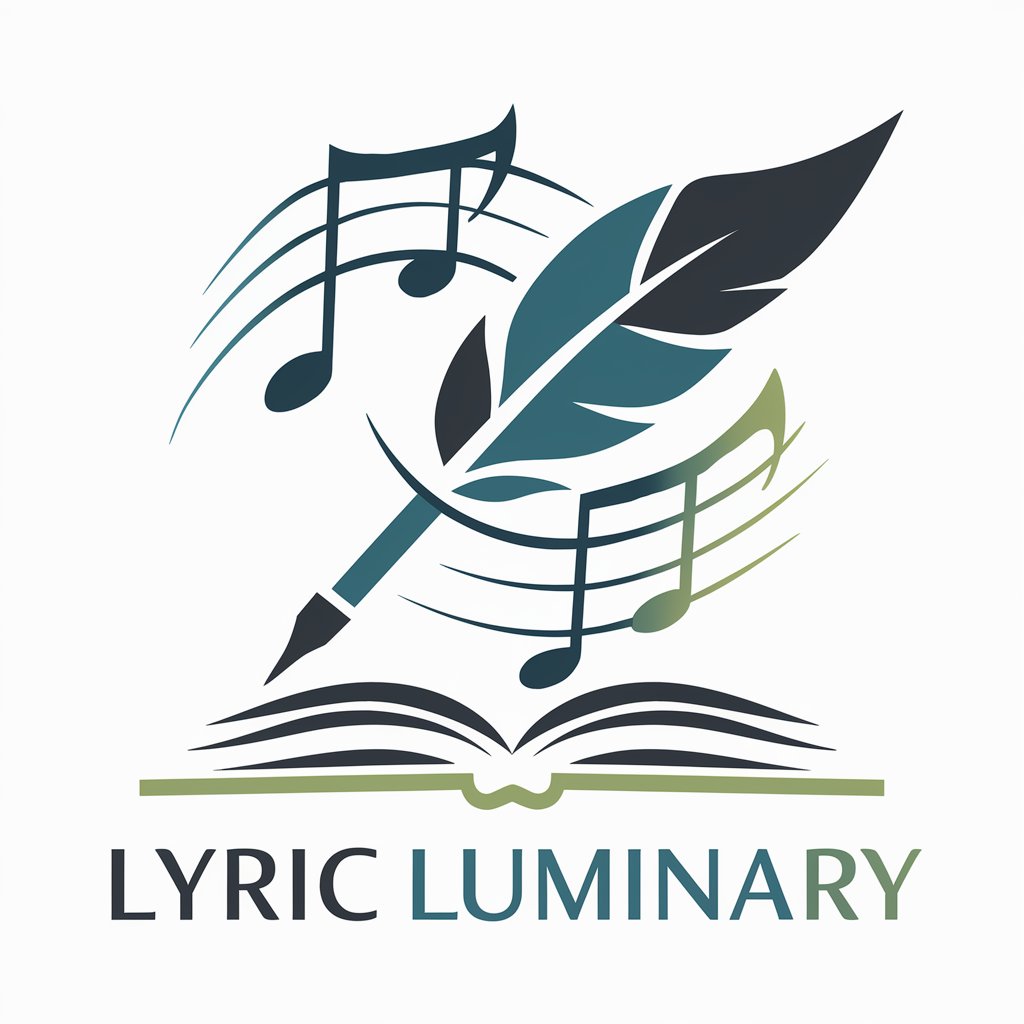
Song Name Generator
Unleash Your Creativity with AI-Powered Song Titles
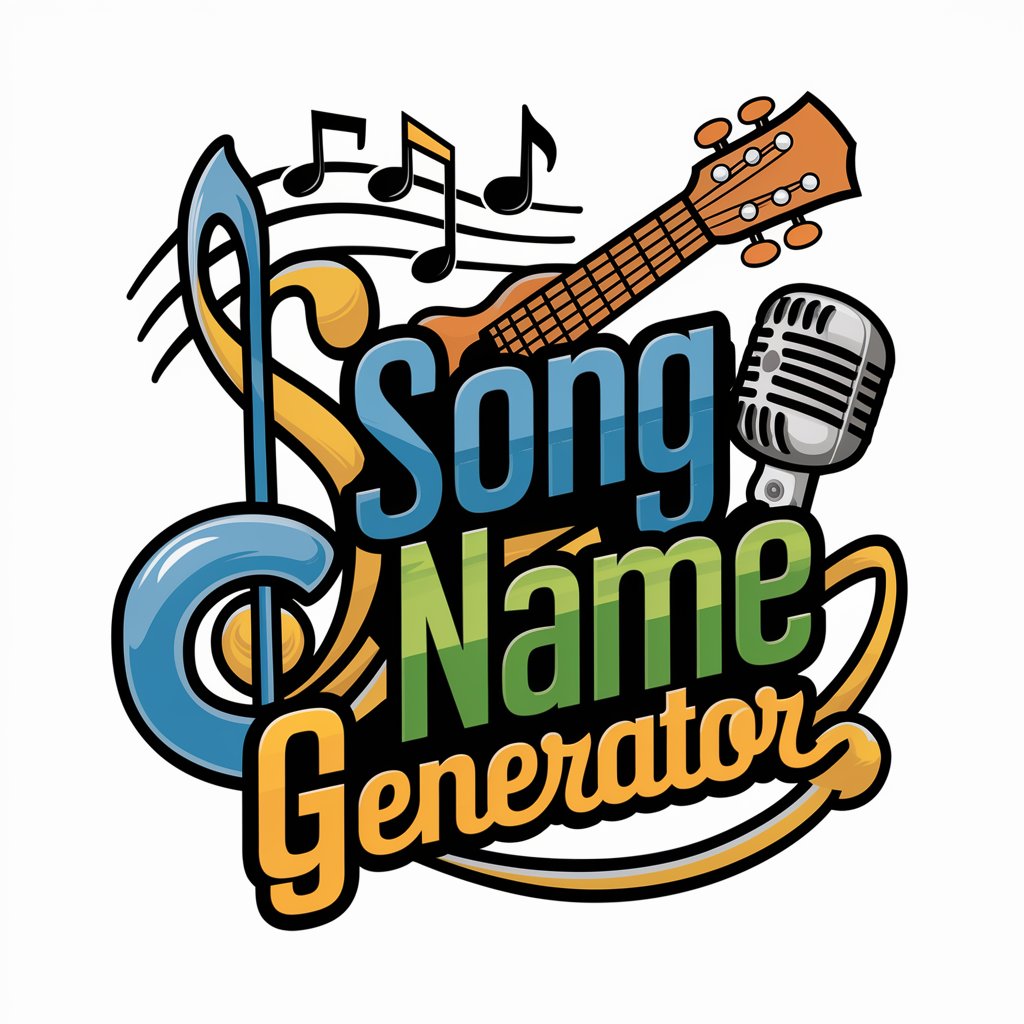
Hip-hop Music
Explore the Beat of Hip-hop Culture
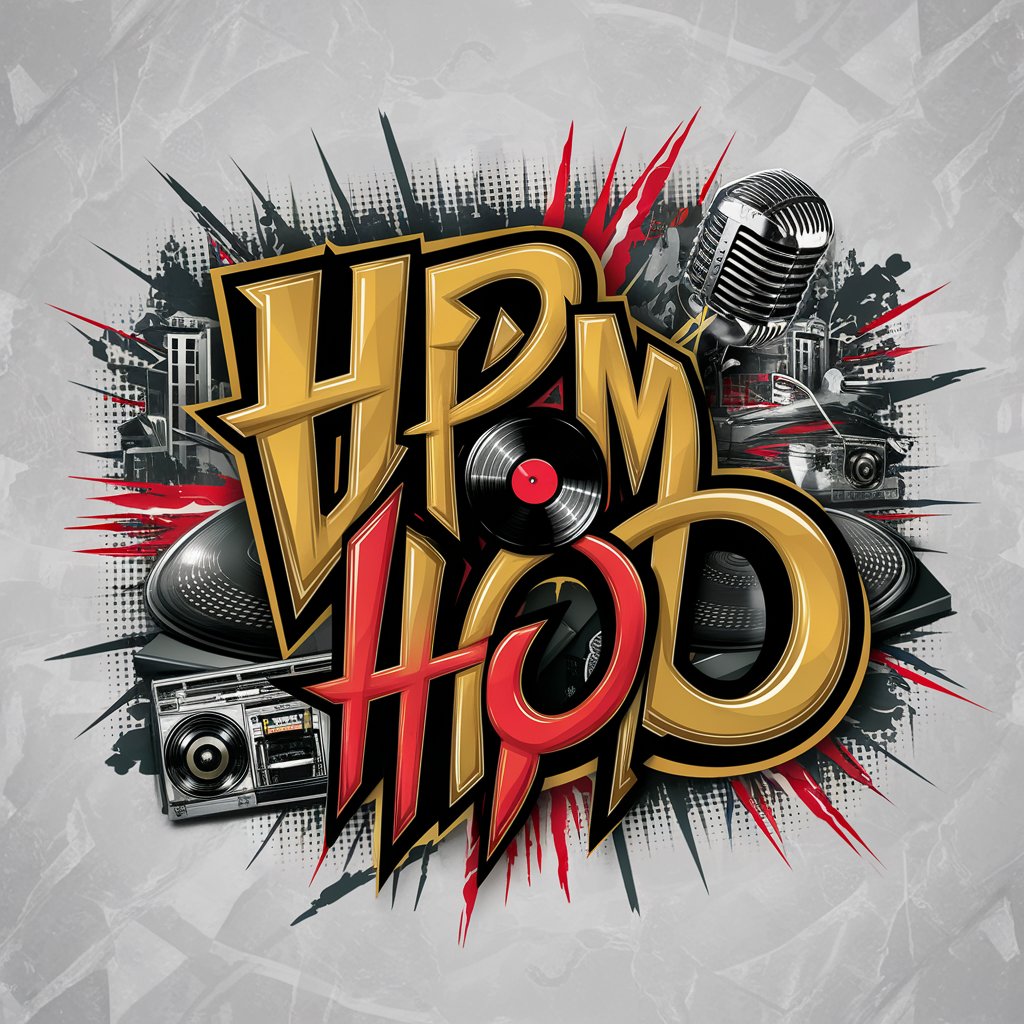
Christmas Music
Celebrate the season with AI-curated Christmas music

Bollywood Beats
Elevate your mood with Bollywood music.
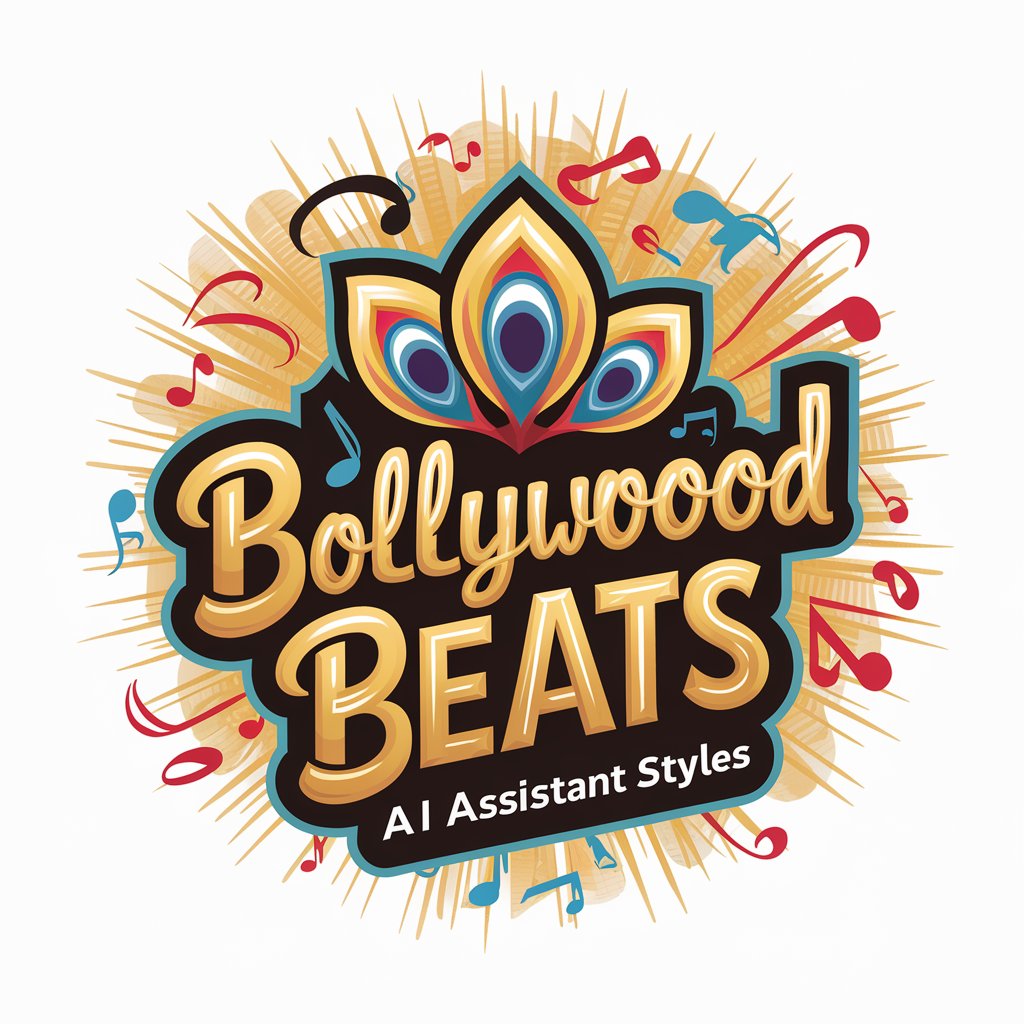
Yousician Jam
Elevate your music journey with AI-powered song suggestions.
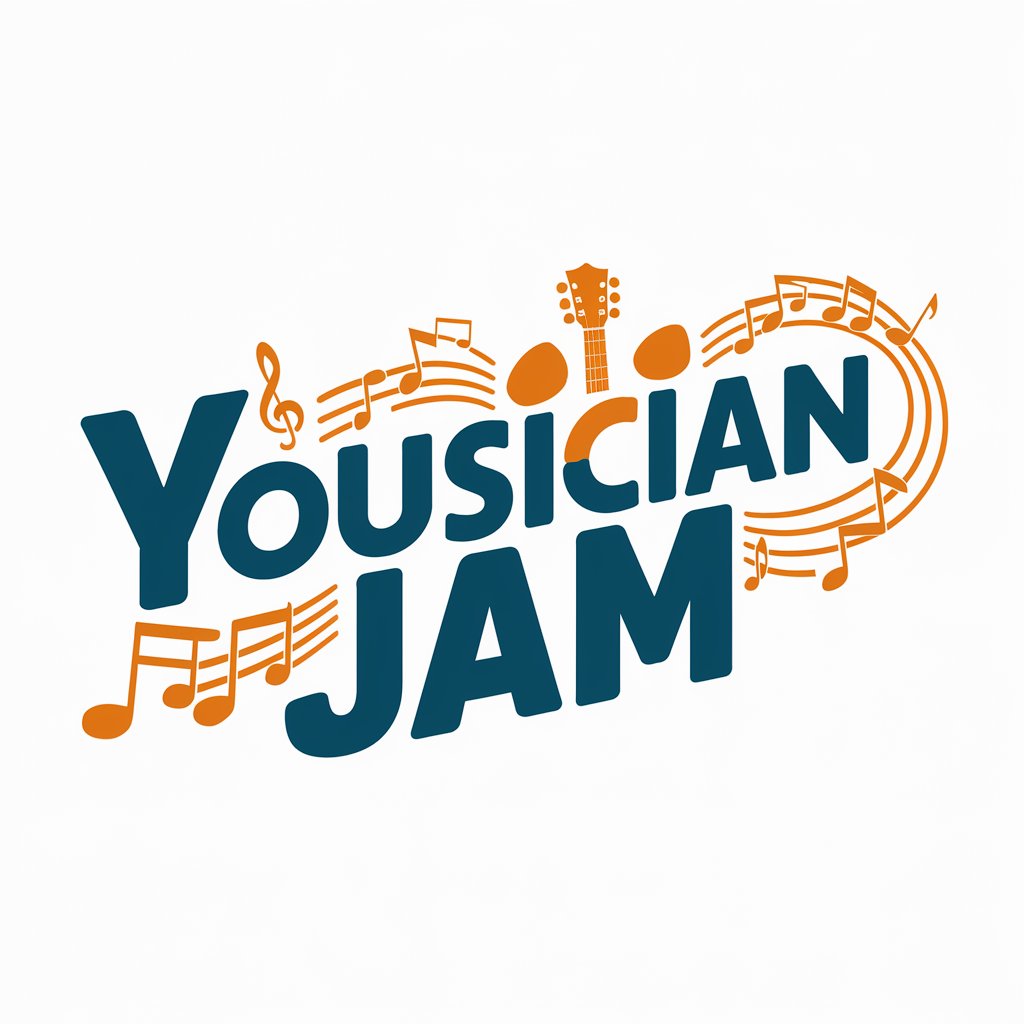
Drug Watch
Empowering safety with AI-driven drug watch.

Get Out
Dress smartly, whatever the weather!

SEO Oracle
Elevate Your SEO Game with AI

Single Parent
Empowering Single Parents with AI

Mothers
Empowering families with AI-driven insights
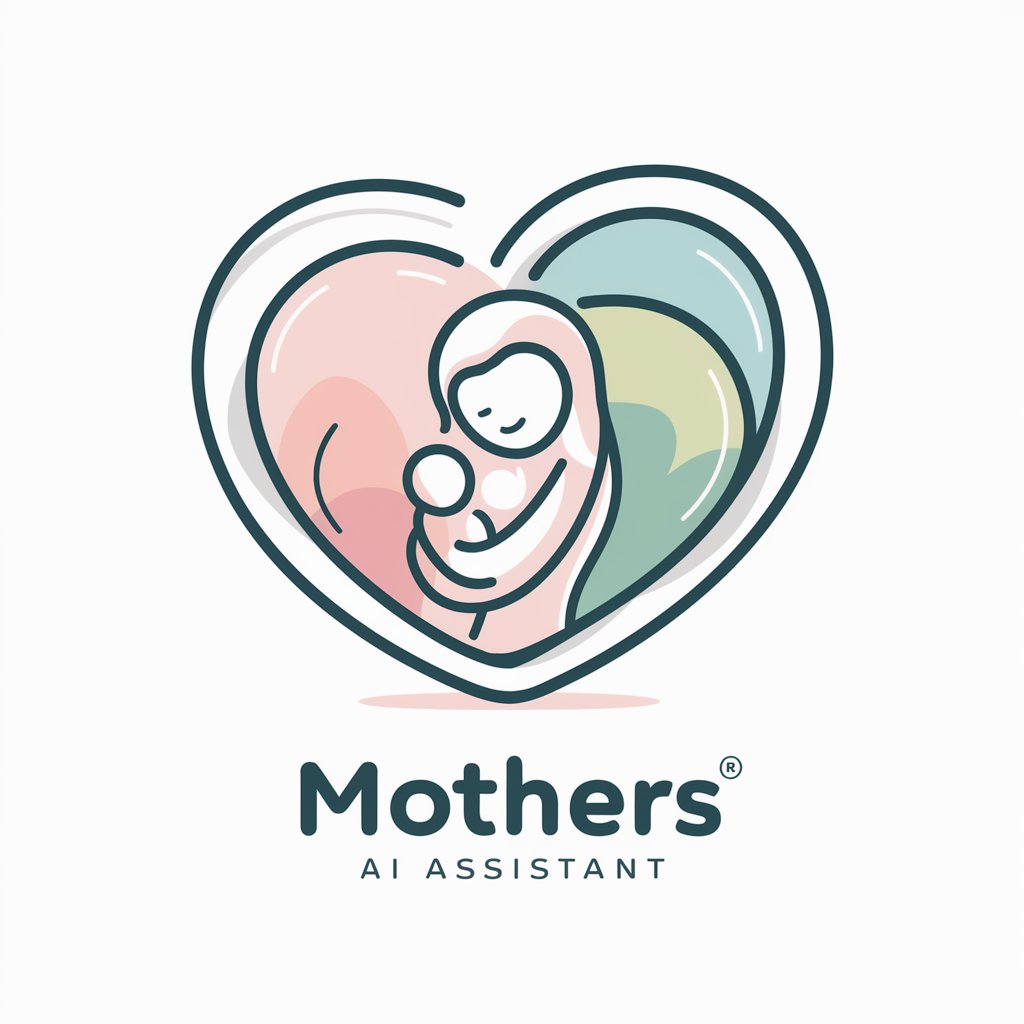
Boy
Empowering parents with AI-driven advice for boys
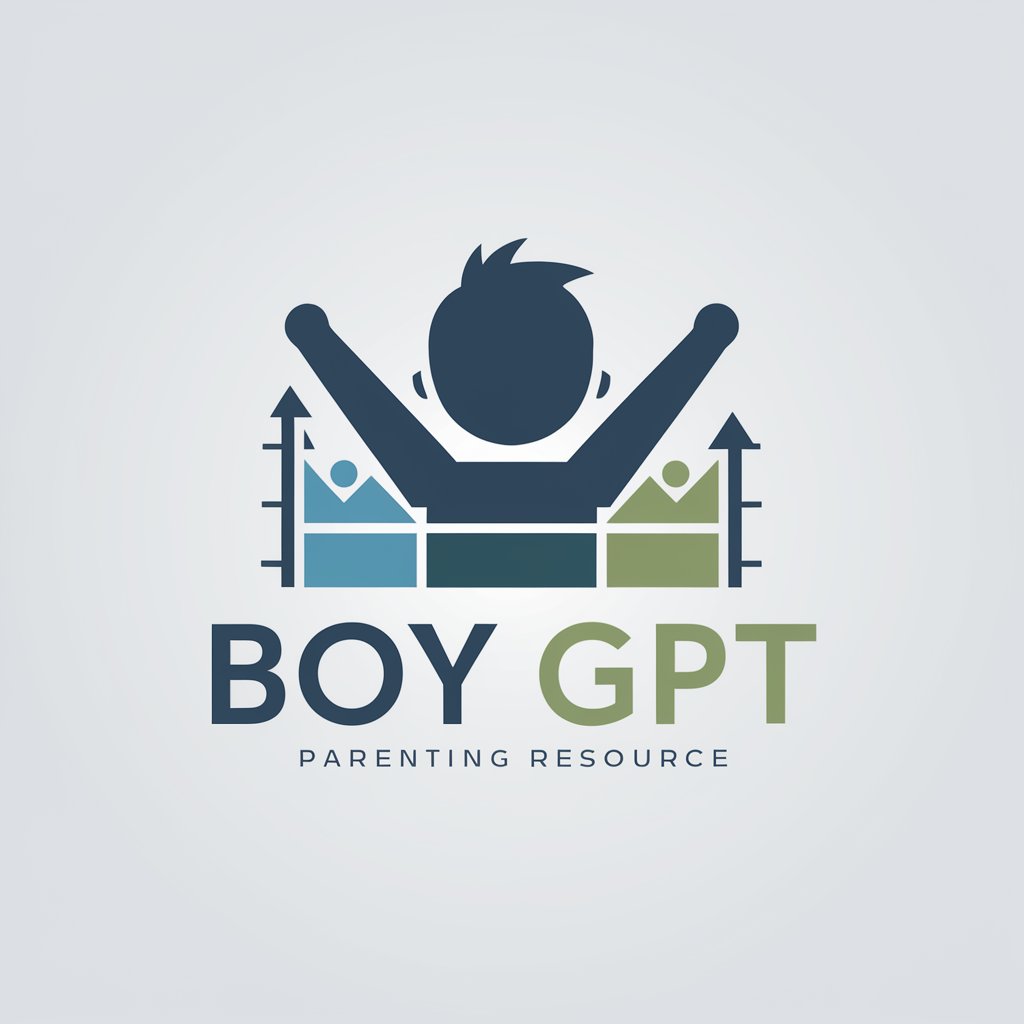
Frequently Asked Questions about Piano
What is the best way to start learning piano?
The best way to start is by getting familiar with the keyboard layout, learning basic chords and scales, and practicing simple pieces to develop hand coordination and musical ear.
Can I learn piano on a digital keyboard?
Yes, digital keyboards can be a great alternative to acoustic pianos for beginners, offering a cost-effective way to start learning with similar key action and sound.
How often should I practice piano?
Consistency is key; aim for at least 30 minutes to an hour of practice daily, focusing on quality over quantity to make meaningful progress.
What are some tips for memorizing piano music?
Start by breaking the piece into smaller sections, practice each section slowly, use visual and auditory memory techniques, and regularly test yourself without looking at the music.
How can I improve my piano technique?
Improving technique involves regular scales and arpeggios practice, focusing on finger strength and flexibility, and working on pieces that challenge your current skill level.
